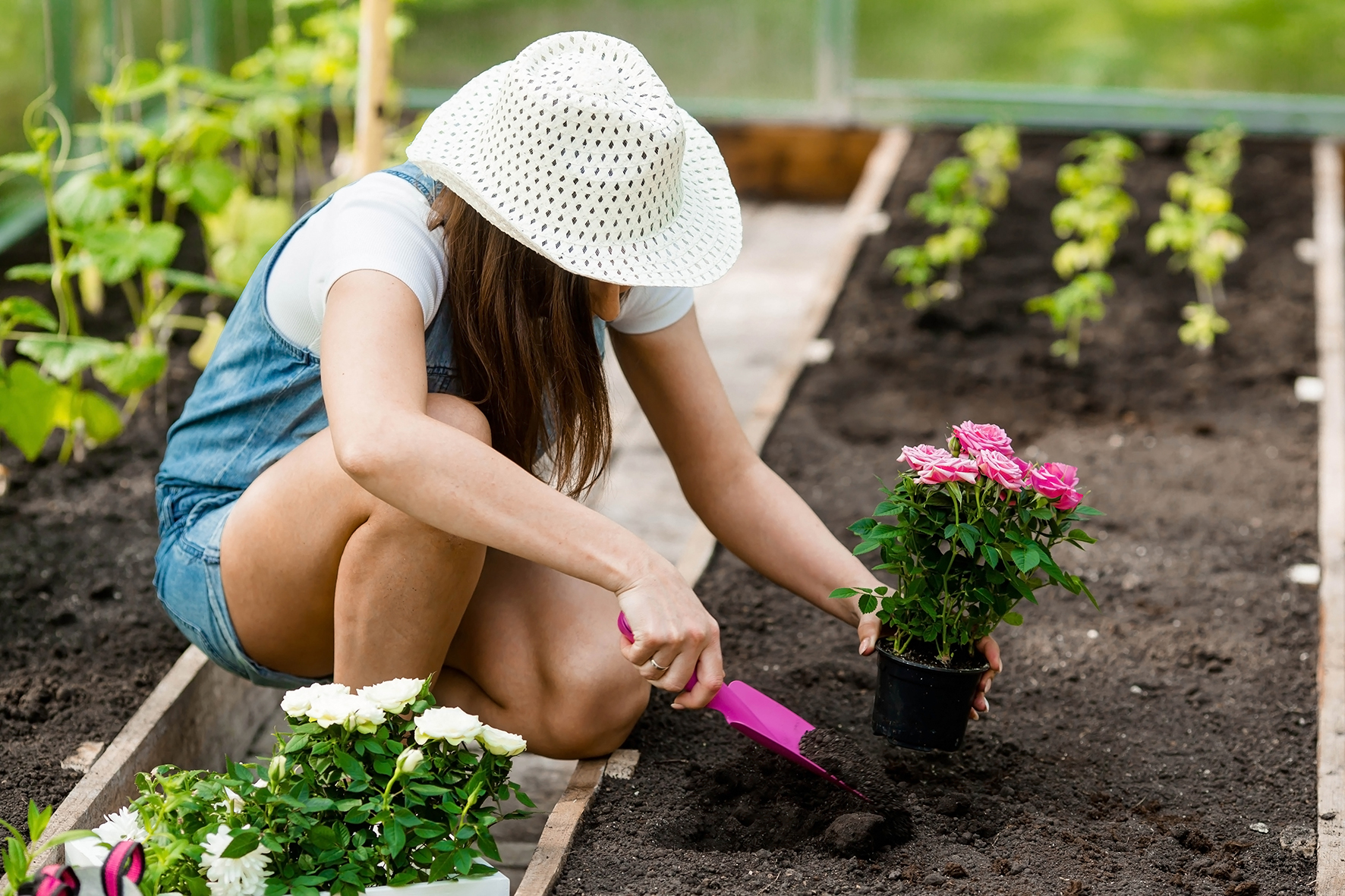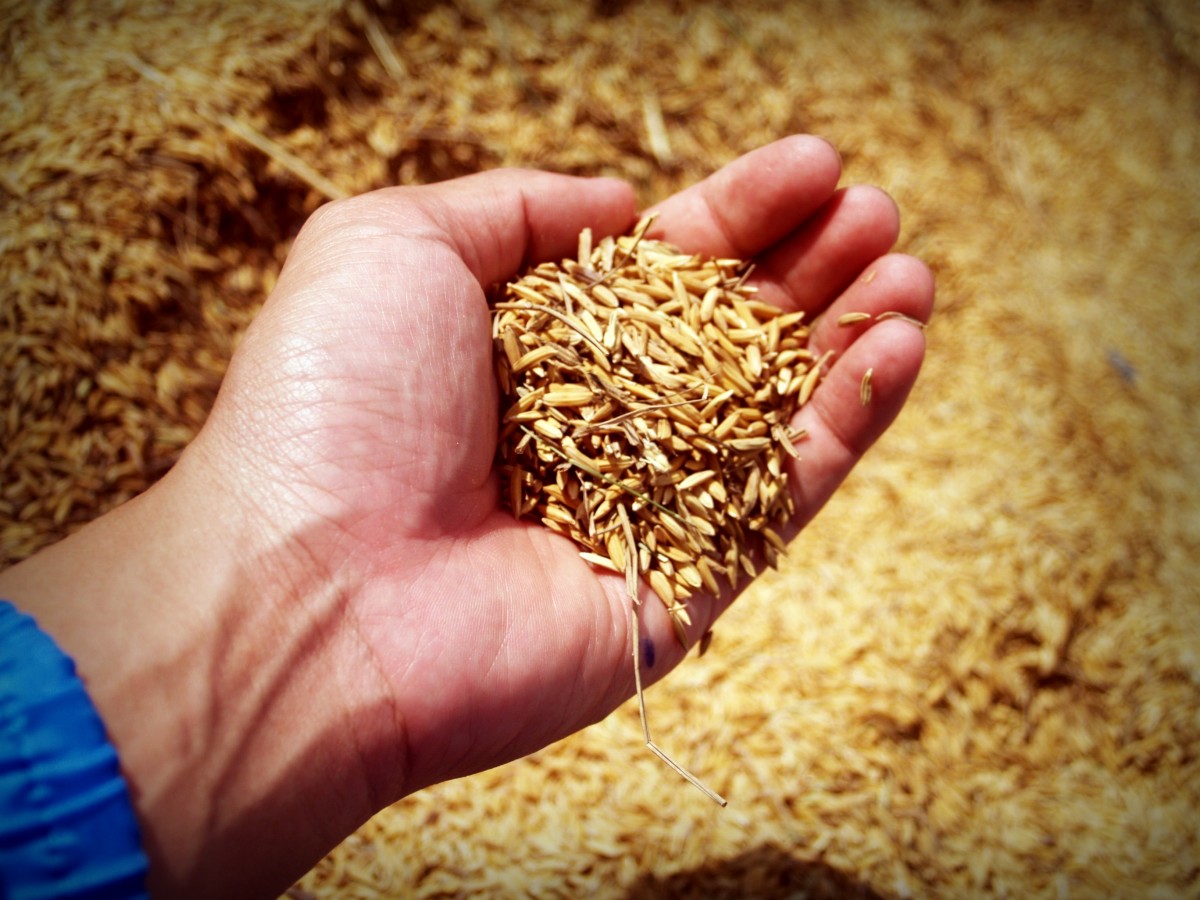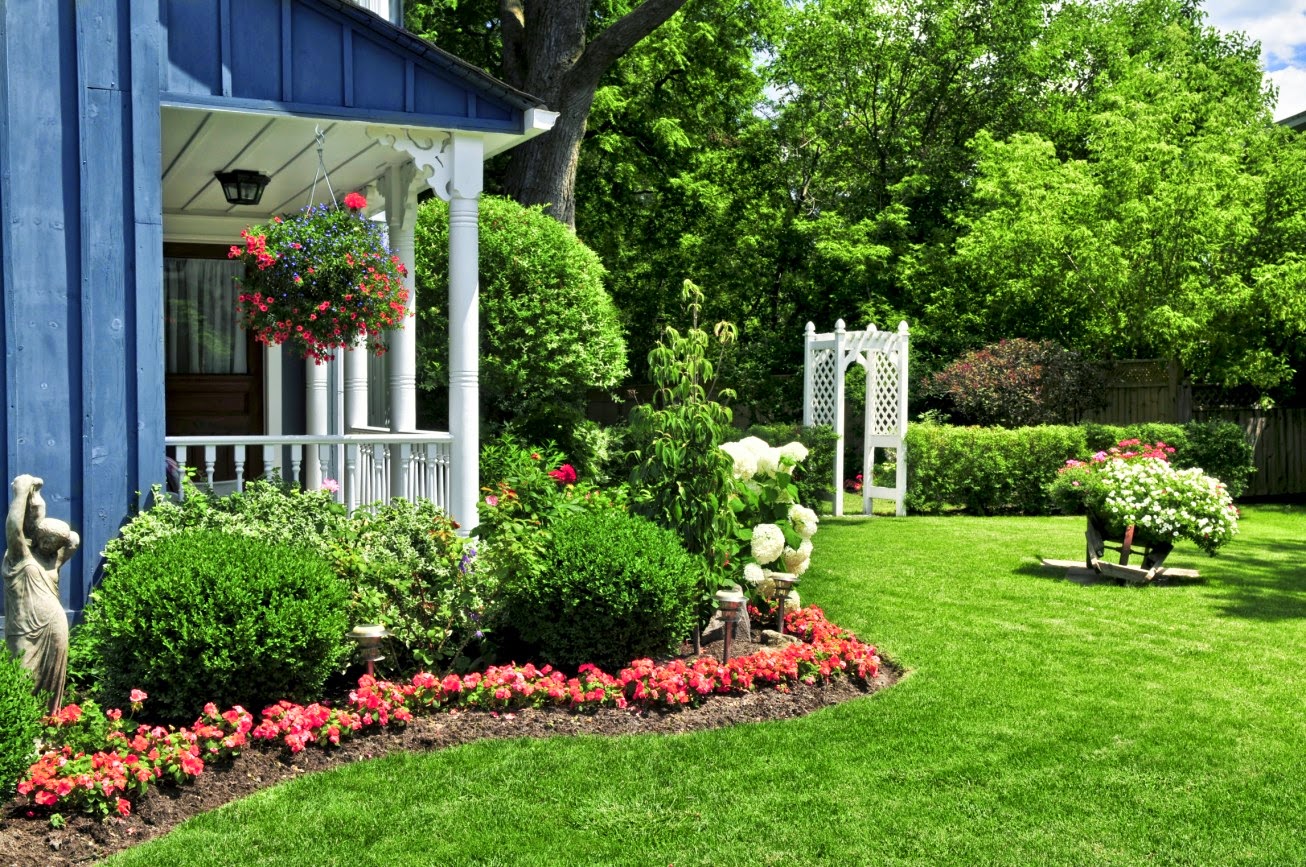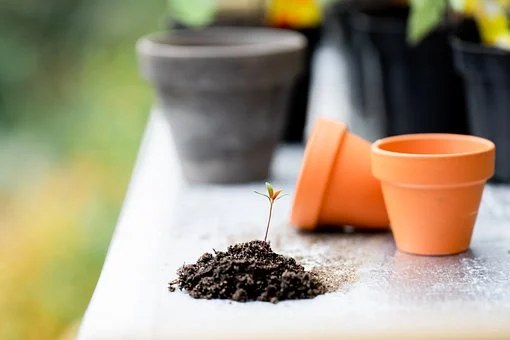Many people nowadays find themselves juggling several commitments, leaving little time and resources for pastimes like gardening. However, a lack of time, money, or space should not discourage you from enjoying the pleasures of gardening. Even on a restricted budget and with limited space, you can produce a beautiful and healthy garden with a few inventive ideas and wise decisions.
Why Gardening?
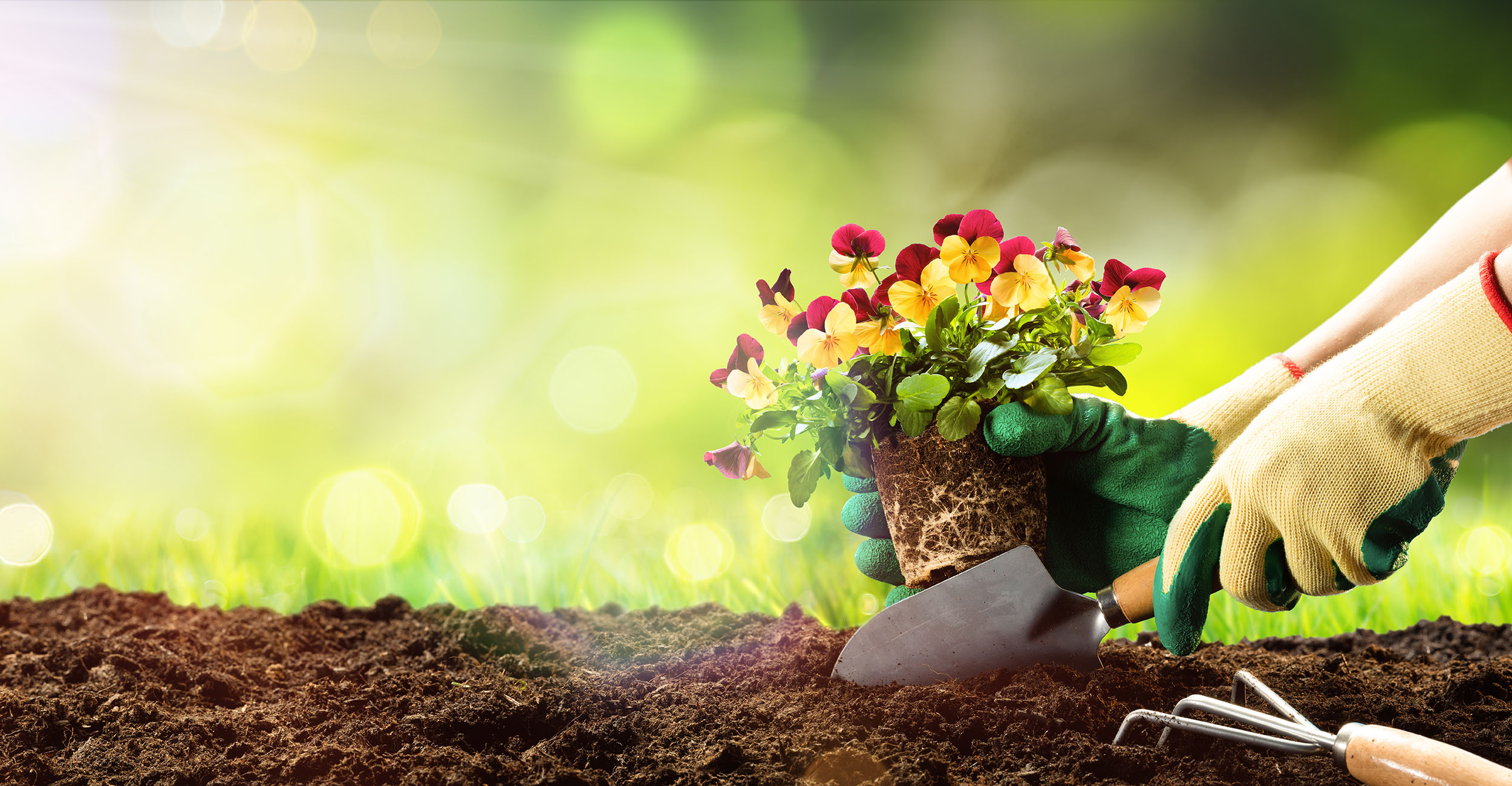 Gardening offers numerous benefits that go beyond the beauty and productivity of plants. Engaging in this fulfilling hobby can have positive effects on your physical, mental, and emotional well-being. Here are some of the key benefits of gardening:
Gardening offers numerous benefits that go beyond the beauty and productivity of plants. Engaging in this fulfilling hobby can have positive effects on your physical, mental, and emotional well-being. Here are some of the key benefits of gardening:
- Spending time in nature, surrounded by greenery and fresh air, can help reduce stress levels and promote relaxation.
- Activities like digging, raking, and carrying pots can improve strength, flexibility, and endurance.
- As you observe the growth and development of plants, you become more attuned to the changing seasons and the intricate balance of the ecosystem.
- Growing your own fruits, vegetables, and herbs gives you access to fresh, organic produce right at your doorstep.
- Gardening is a mentally stimulating activity that requires planning, problem-solving, and observation.
- Gardening has been linked to improved mental health and well-being. For example, it can reduce symptoms of anxiety and depression, boost mood, and increase feelings of happiness and contentment.
A Guide to Gardening
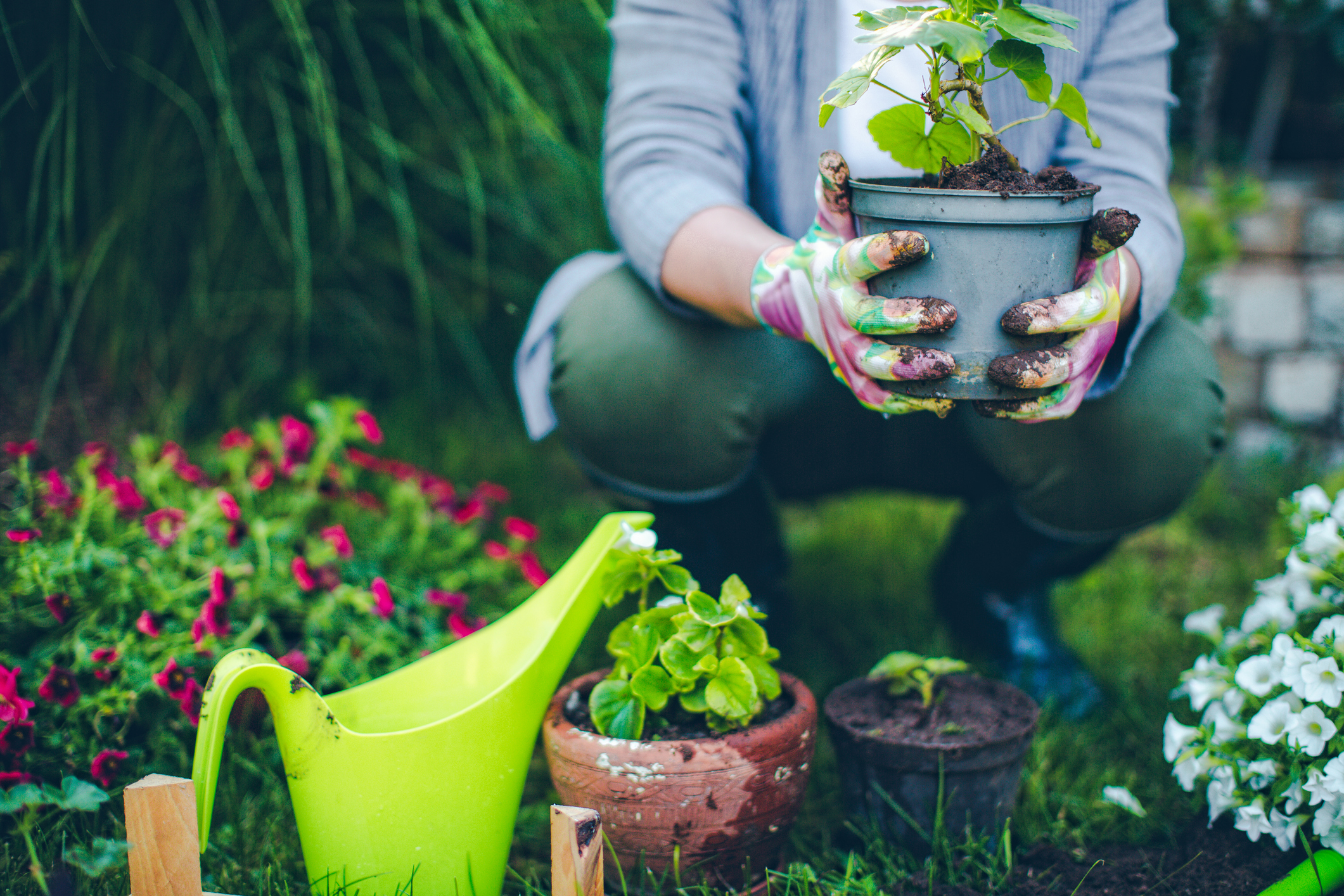 You can start by organizing your gardening jobs according to their priority and practicality. Choose low-maintenance plants that don’t require as much watering, feeding, or trimming. Choose perennial flowers and plants that will return year after year, eliminating the need for replacement. Consider growing a variety of herbs and vegetables in pots, which take up less room and are easier to maintain. Use vertical gardening techniques to maximize your space and add aesthetic appeal to your garden by growing climbing plants on trellises or walls.
You can start by organizing your gardening jobs according to their priority and practicality. Choose low-maintenance plants that don’t require as much watering, feeding, or trimming. Choose perennial flowers and plants that will return year after year, eliminating the need for replacement. Consider growing a variety of herbs and vegetables in pots, which take up less room and are easier to maintain. Use vertical gardening techniques to maximize your space and add aesthetic appeal to your garden by growing climbing plants on trellises or walls.
When it comes to gardening on a budget, look into cost-effective methods. Begin by gathering seeds from existing plants or exchanging seeds with other gardeners. This not only saves money but also promotes garden diversity. Look for specials and discounts at local nurseries or garden retailers. Consider joining a local gardening club where you may exchange resources and information with other gardeners. Use organic and handmade fertilizers, like compost and mulch, which are not only less expensive but also better for the environment.
Make the most of your available space by making use of every nook and cranny. Convert underutilized or tiny nooks into container gardens or vertical planters. Consider adding greenery to your surroundings by placing hanging baskets or window boxes. If you have a limited outdoor area, consider indoor gardening. On windowsills, grow herbs and tiny plants, or invest in compact hydroponic systems or vertical garden kits. These creative methods allow you to enjoy gardening regardless of your living area size.
Create a gardening plan that matches your schedule to make the most of your limited time. Divide chores into smaller, more manageable portions and distribute them throughout the week. Set aside time each day to water, trim, and care for your plants, even if it’s only a few minutes. Reduce weed growth and water evaporation by using low-maintenance gardening strategies like mulching. To save effort and guarantee optimum hydration for your plants, consider employing automated irrigation systems or self-watering containers.
Remember that gardening is about more than just the finished product. Accept the therapeutic advantages of gardening and relish the time you spend caring for your plants. It’s an opportunity to disengage from the busy world and reconnect with nature. Even if you have limited time, money, and space, tending and seeing your garden bloom may provide a great deal of delight and satisfaction.
